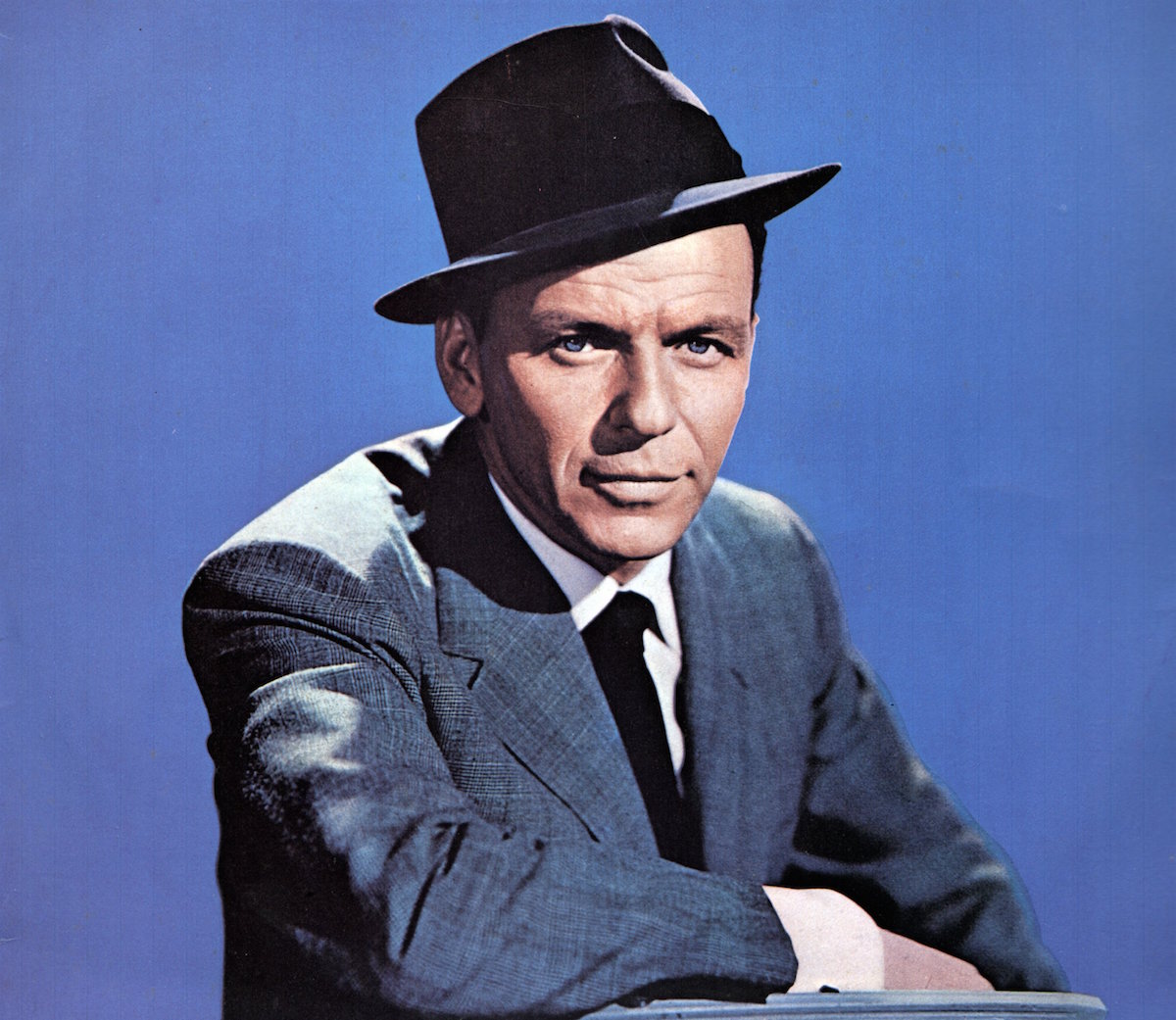
Loyalty: That one word overrides anything else you need to know about Sinatra. And of course it worked both ways with him. If he loved someone, he loved them for life. It didn’t matter if you were the queen of England or a waiter. If you just said a nice thing about Jilly [Rizzo, Sinatra’s aide], for instance, that would get a smile from him. He’d get a kick out of that. He really loved Jilly. The man was full of love. One night my mother and I were watching Sinatra on TV doing The Main Event. He knew my mother was dying, and he turned to the audience and said that Tony Bennett was his favorite guy in the whole world. My mother’s face lit up like a Christmas tree—this image will stay with me as long as I live. That was the kind of small thing he would do that would make such a big difference.
And then there was this other night, years ago. It’s just moments before I’m about to walk out onstage for opening night at the Empire Room at the Waldorf, here in New York. All of a sudden I get a call. It’s Judy Garland. She’s on the phone, telling me that she’s at the St. Regis Hotel and she’s being beaten up—a domestic thing or something. And I don’t know what to do. My ex-wife says to me, “Call Frank.” He was at the Fontainebleau in Miami. I call him up. He had just finished making the movie The Detective, so he knew all the detectives and all the police who had helped with the movie. I tell him, “Frank, Judy Garland’s getting beat up at the St. Regis. I don’t know what to do.” He says, “I’ll call you back in a few.” I go and do my show, and after it’s over, Judy calls me up. “I asked for help,” she says, “but this is ridiculous. There’s five lawyers in my suite and 900 policemen outside in the street!” And then Frank calls me up and says, “Was that all right, kid?”
He loved doing things like that. Absolutely loved it. It’s what he lived for.
Sinatra was like Barrymore. He poured a lot of champagne for a lot of people—and he loved to do the pouring.
When I think of Sinatra, I think of the way that Laurence Olivier depicted Hamlet. He was Everyman. He ran the gamut of emotions. Sinatra conquered every aspect of his world, the entertainment world. He was the two masks of the theater—the comedy, the tragedy. Underneath it all, he was a very, very sensitive, nice person.
Once, I read The Autobiography of Benvenuto Cellini. Benvenuto was a sculptor in Renaissance Italy whose works were pure magic. Kings and popes from Italy and France demanded his works. Benvenuto’s father demanded true justice from everyone he encountered, and he passed this philosophy down to his son. Benvenuto would draw his sword and battle every hypocrite and phony who stood in the way of truth. It reminded me so much of Sinatra that I once sent a copy of the book to him for his birthday. I inscribed it: “If Shirley MacLaine’s philosophy is right, you must have been this cat in another life.”
Sinatra leaves behind a legacy of music, a legacy that will live forever. Five hundred years from now, people will still be listening to his recordings, watching his films, and they’ll say, “There was only one Sinatra.” And that’s not an opinion, it’s a fact.
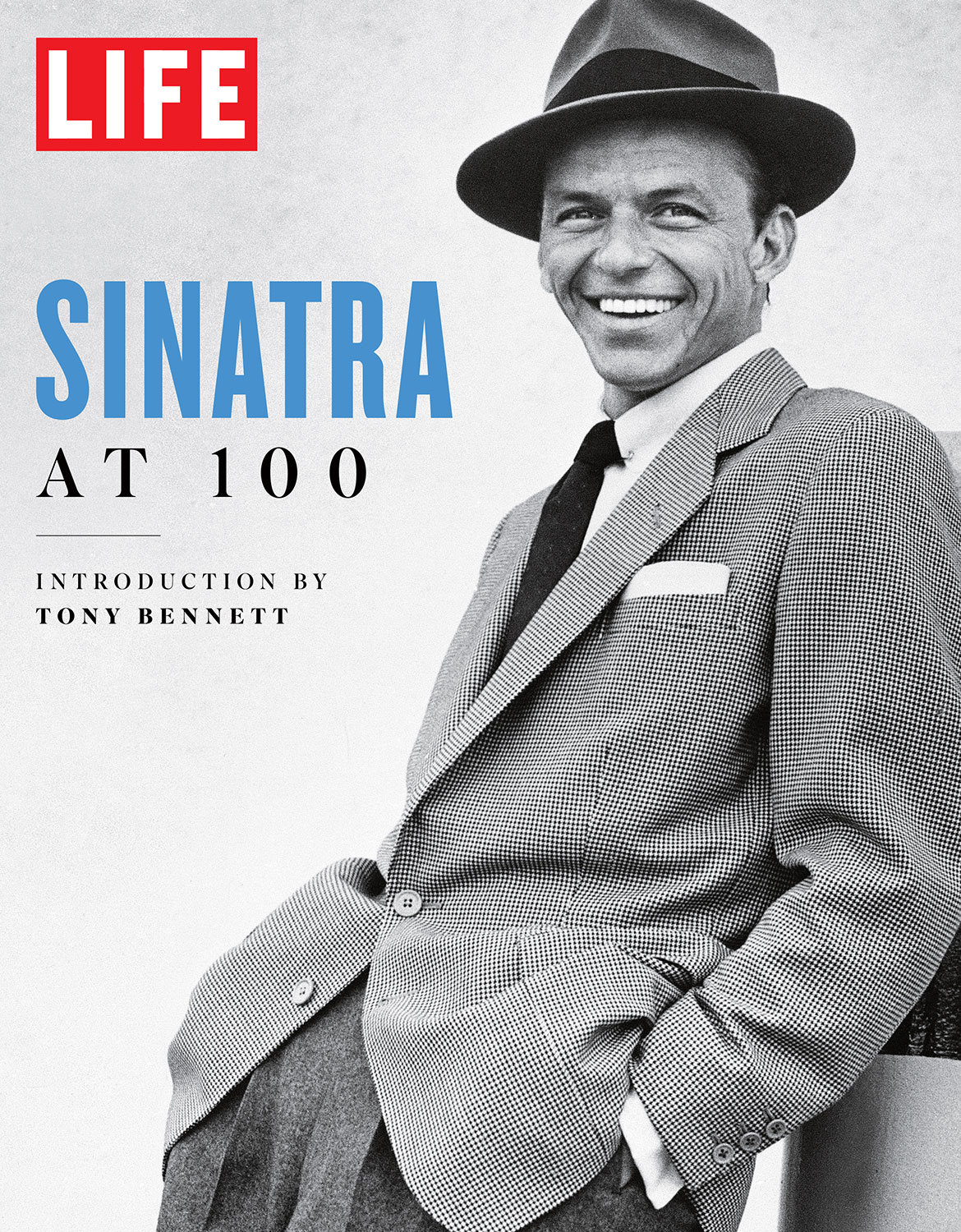
Read the rest of Tony Bennett’s remembrance of Frank Sinatra in the LIFE special edition Sinatra at 100.
LIFE’s special edition Sinatra at 100 is available now. Pick up your copy in stores today.
Best of Frank Sinatra
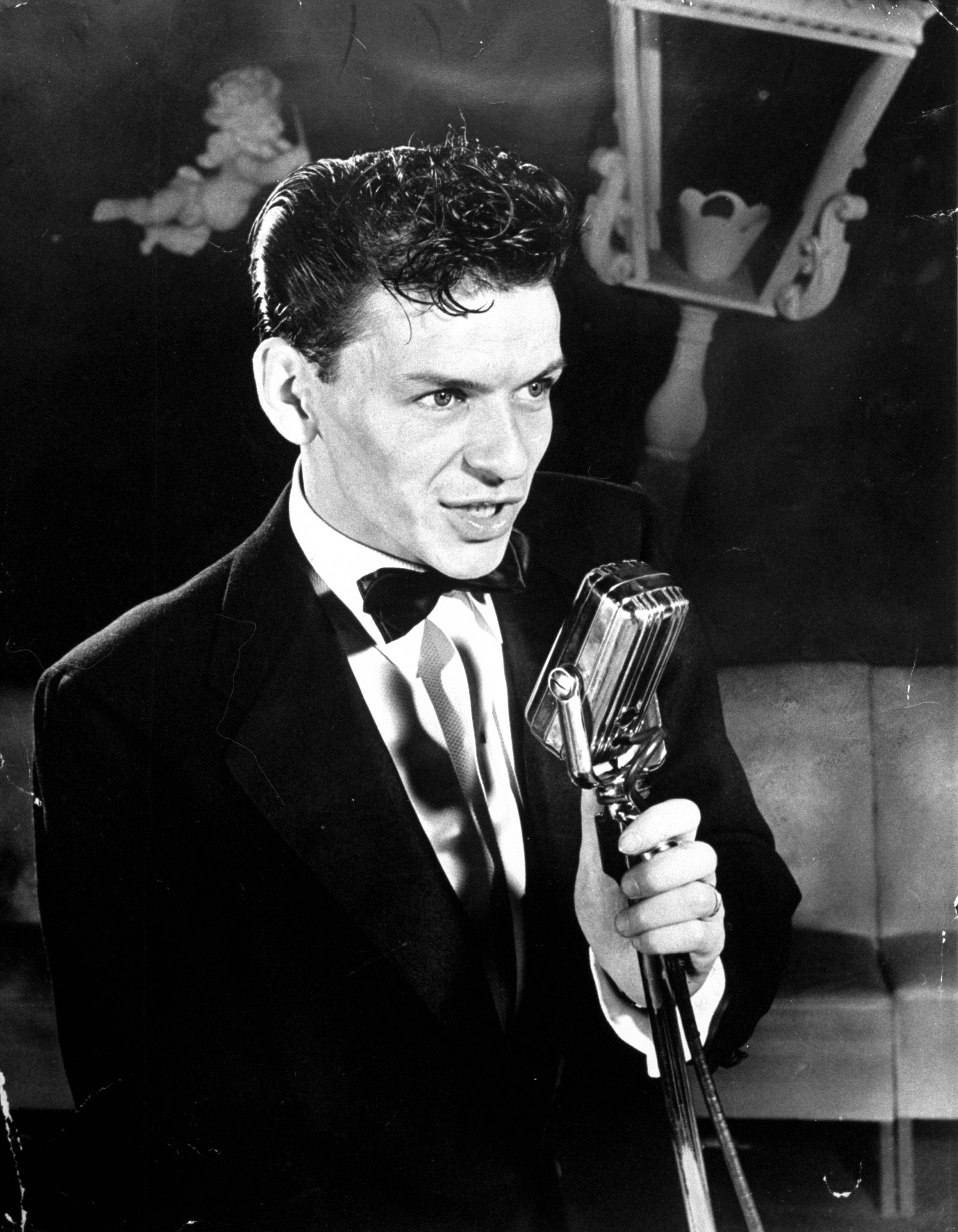
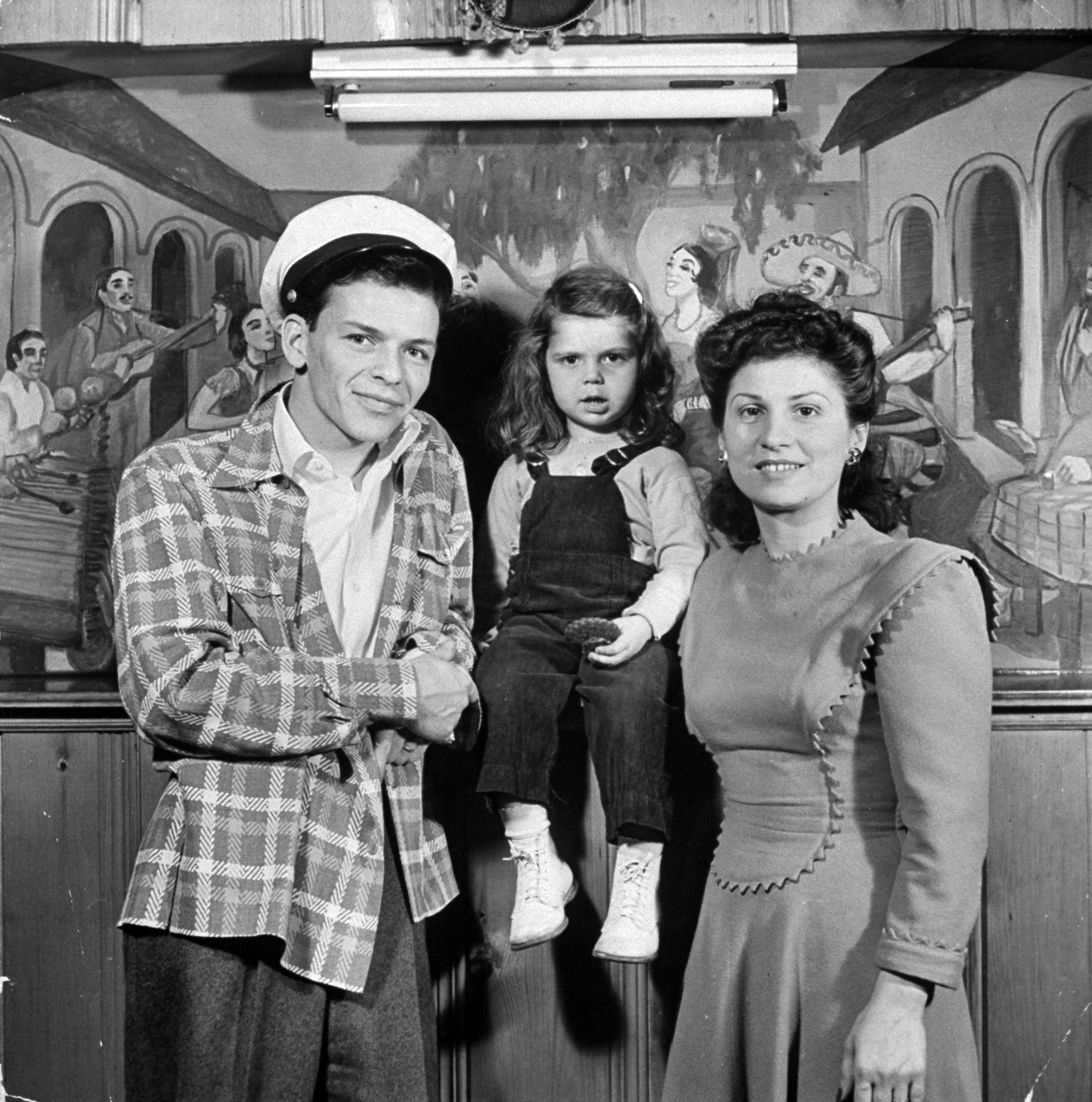
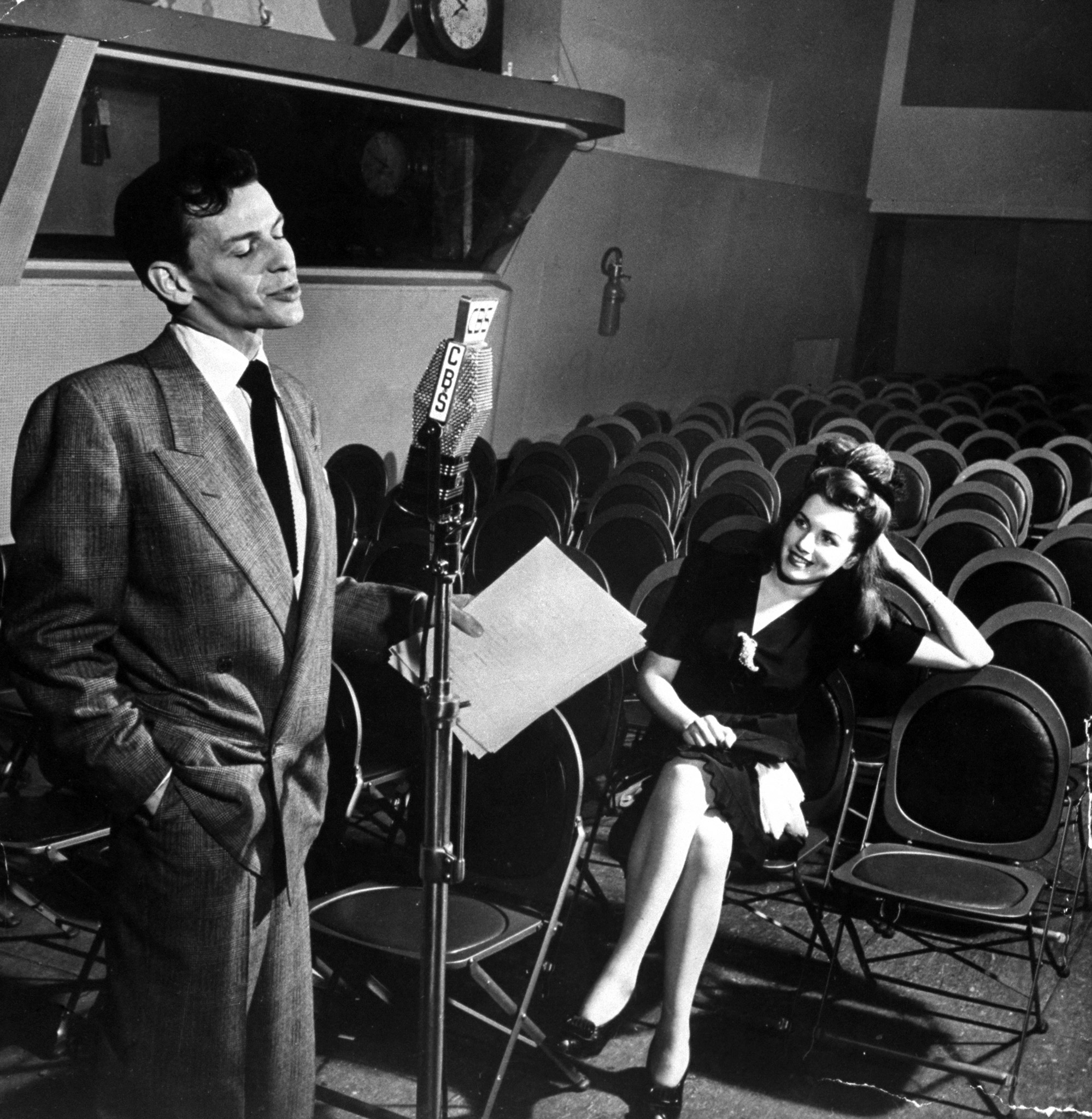
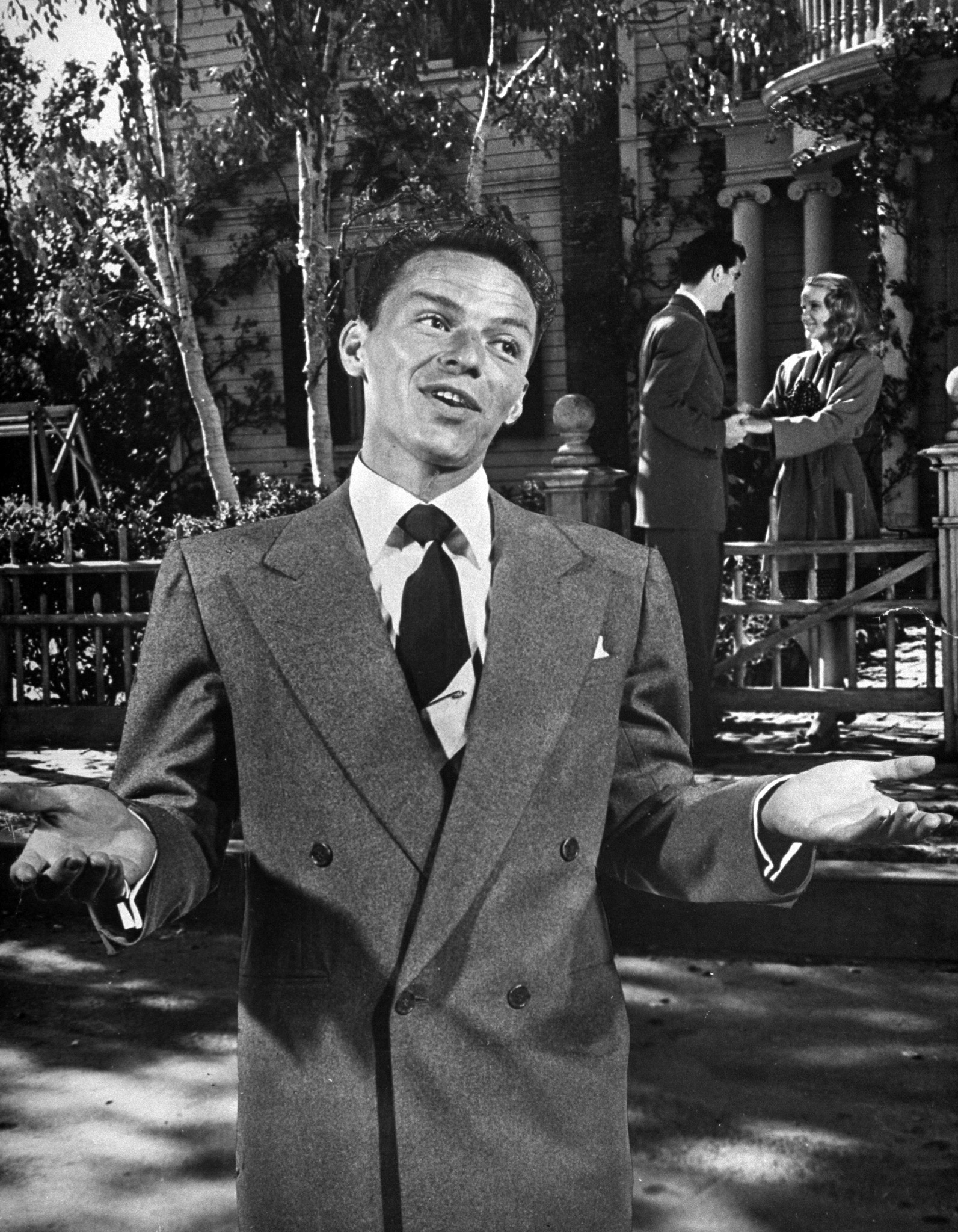
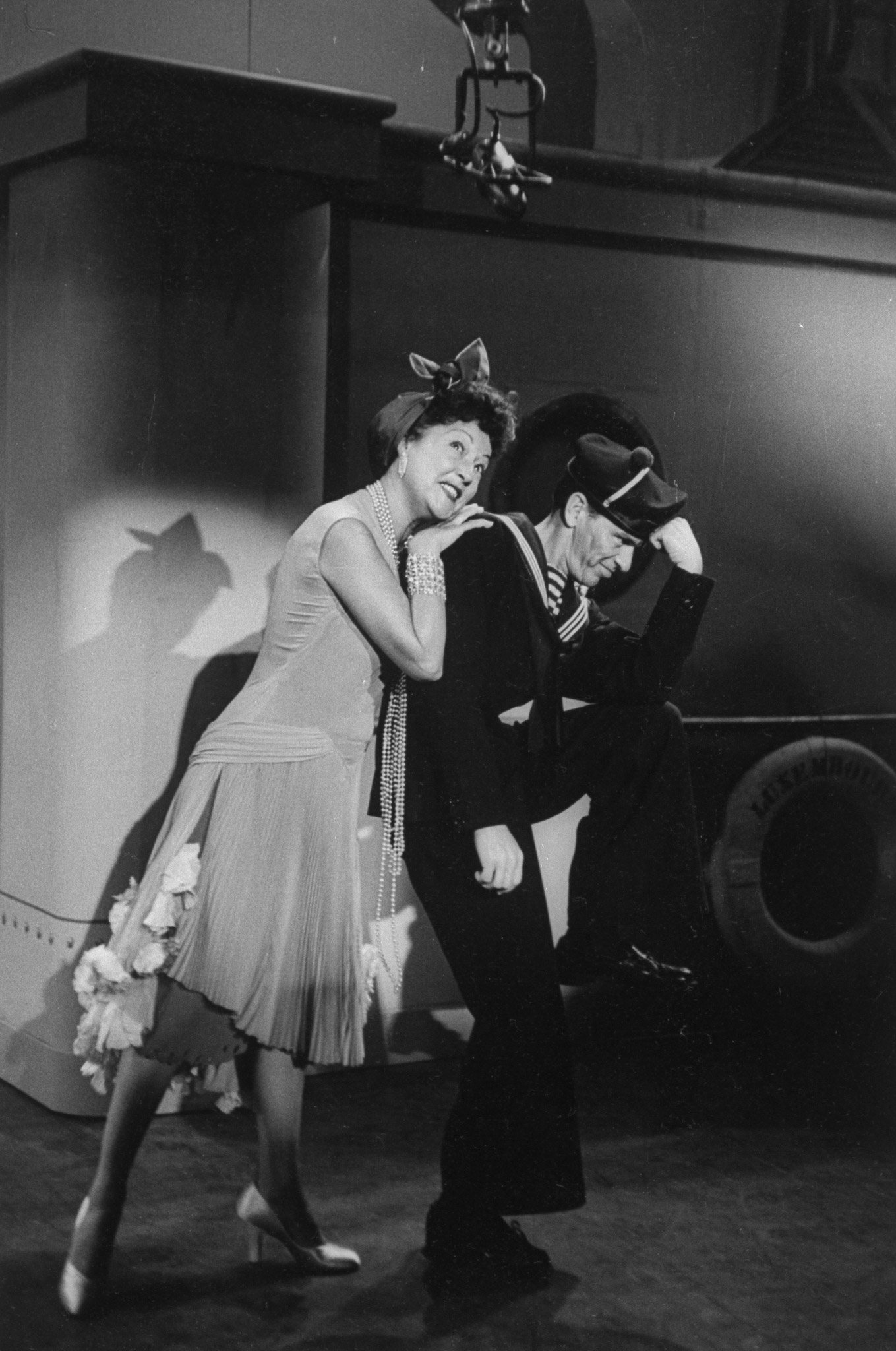
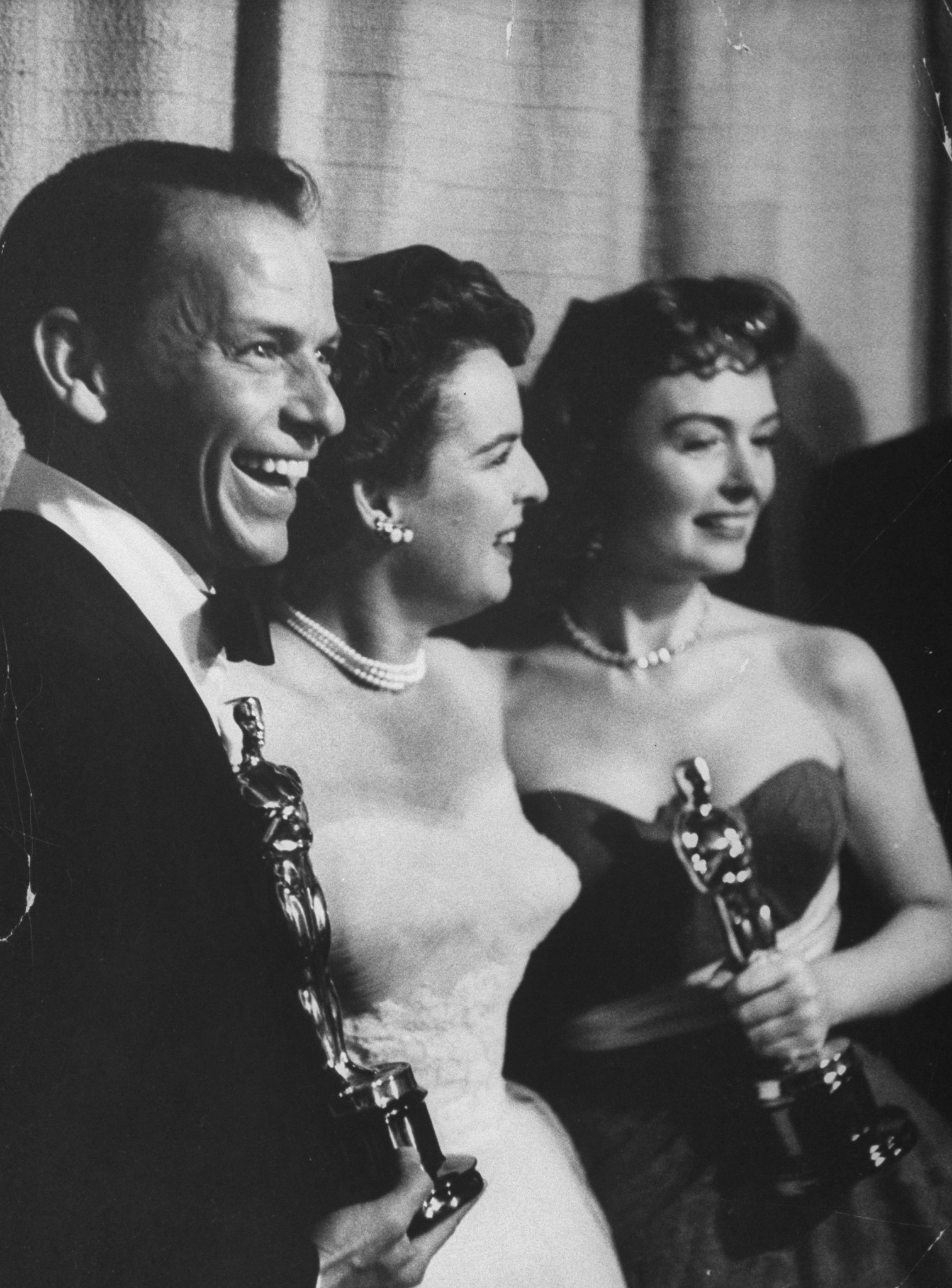
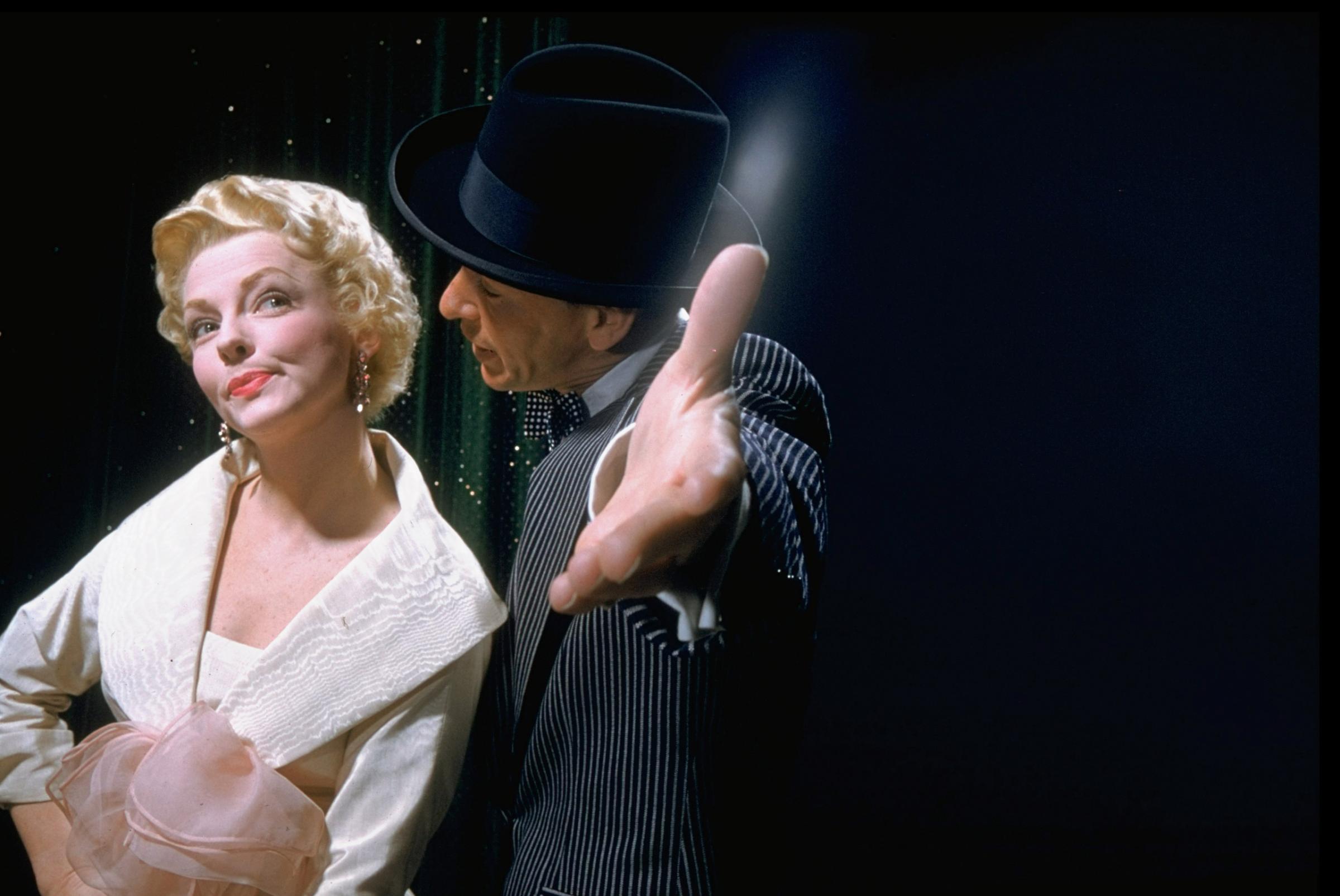
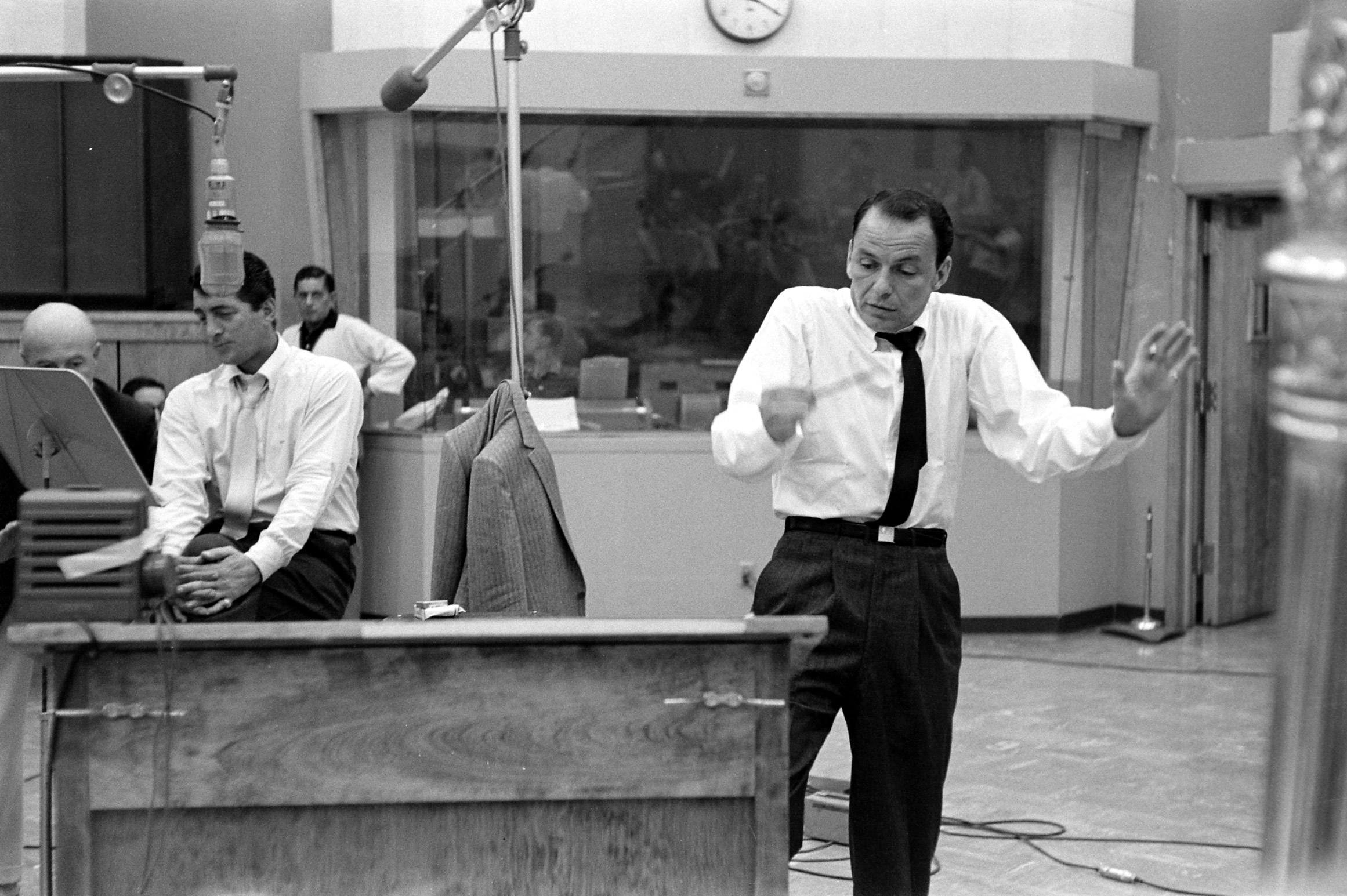
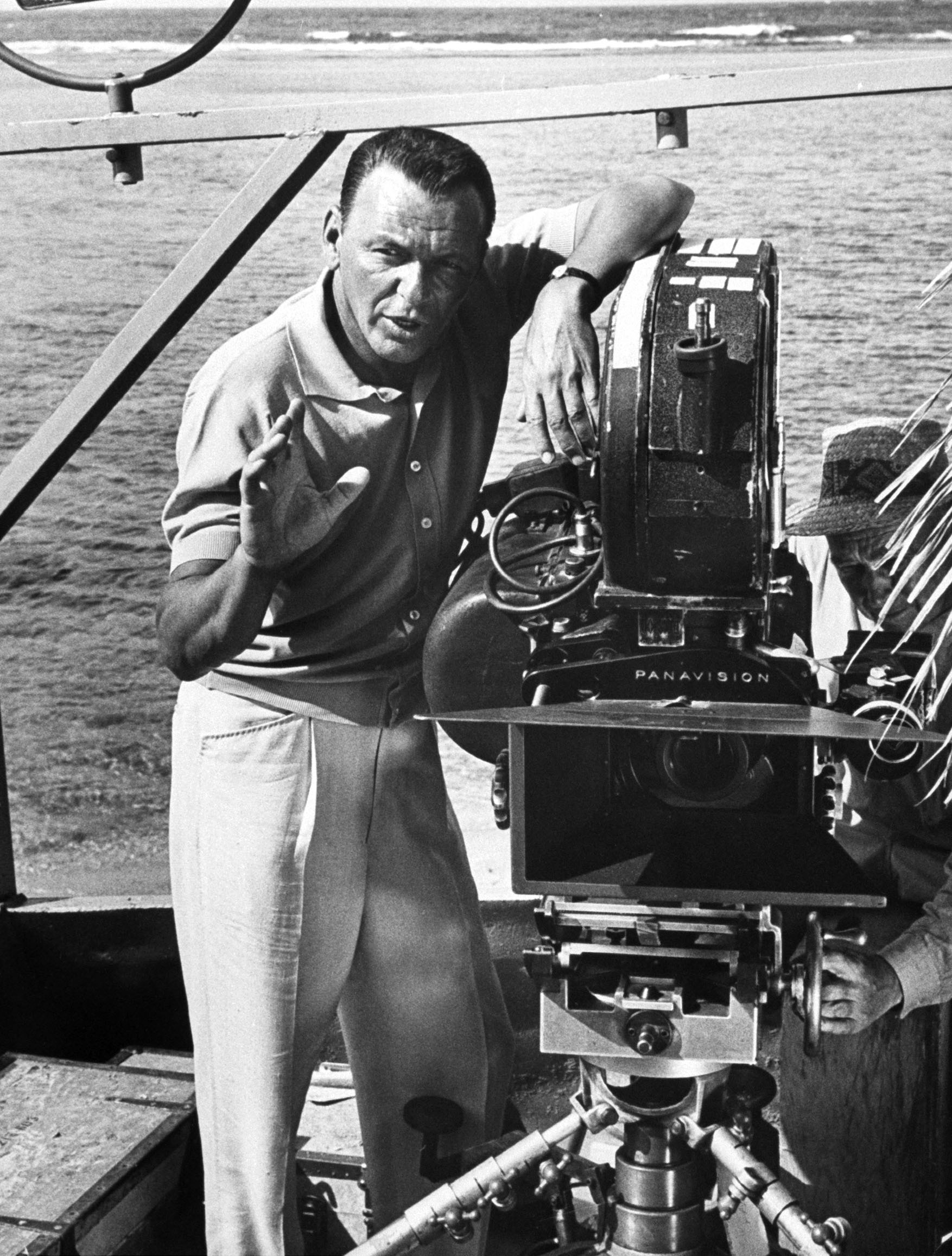
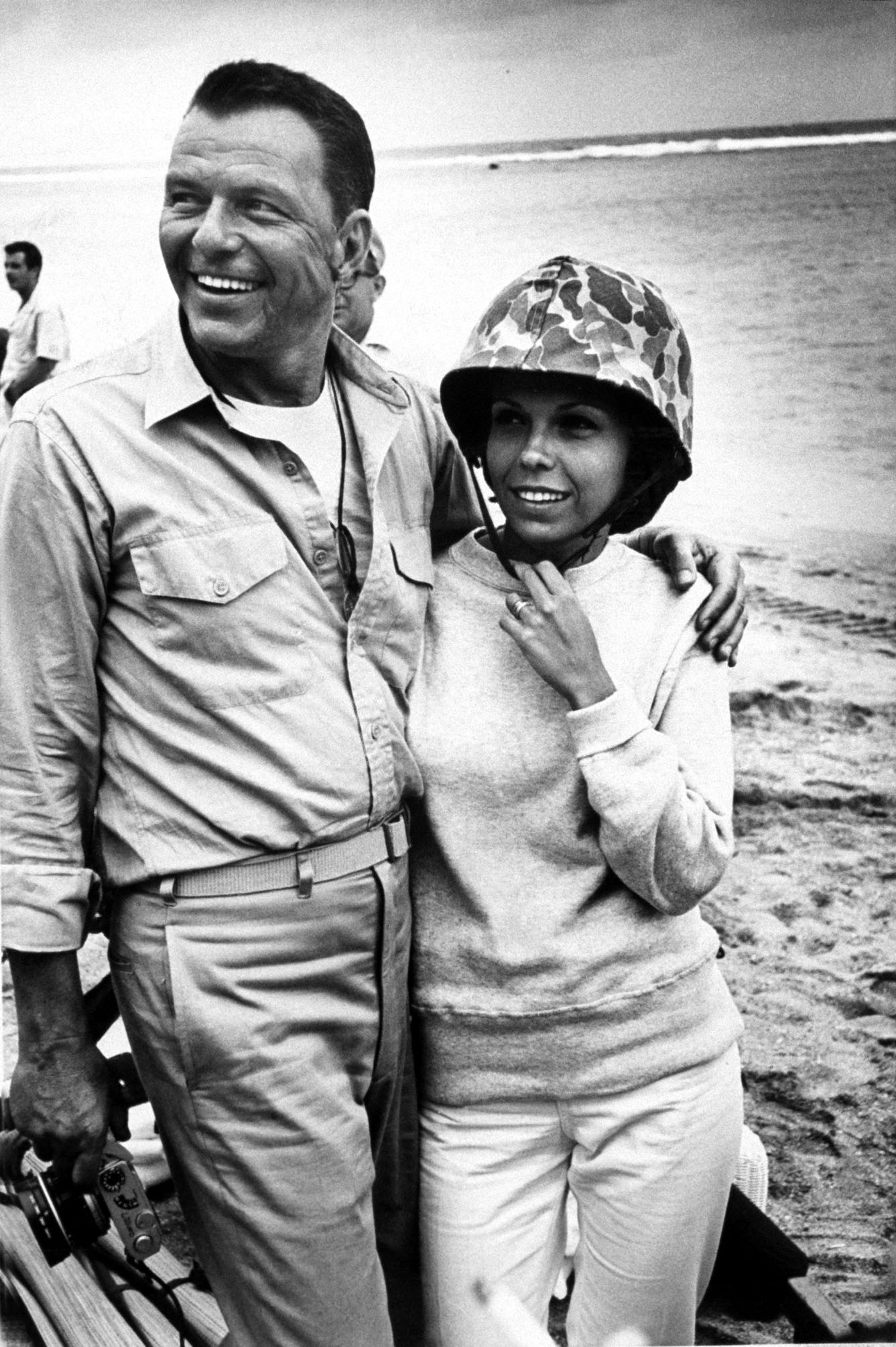
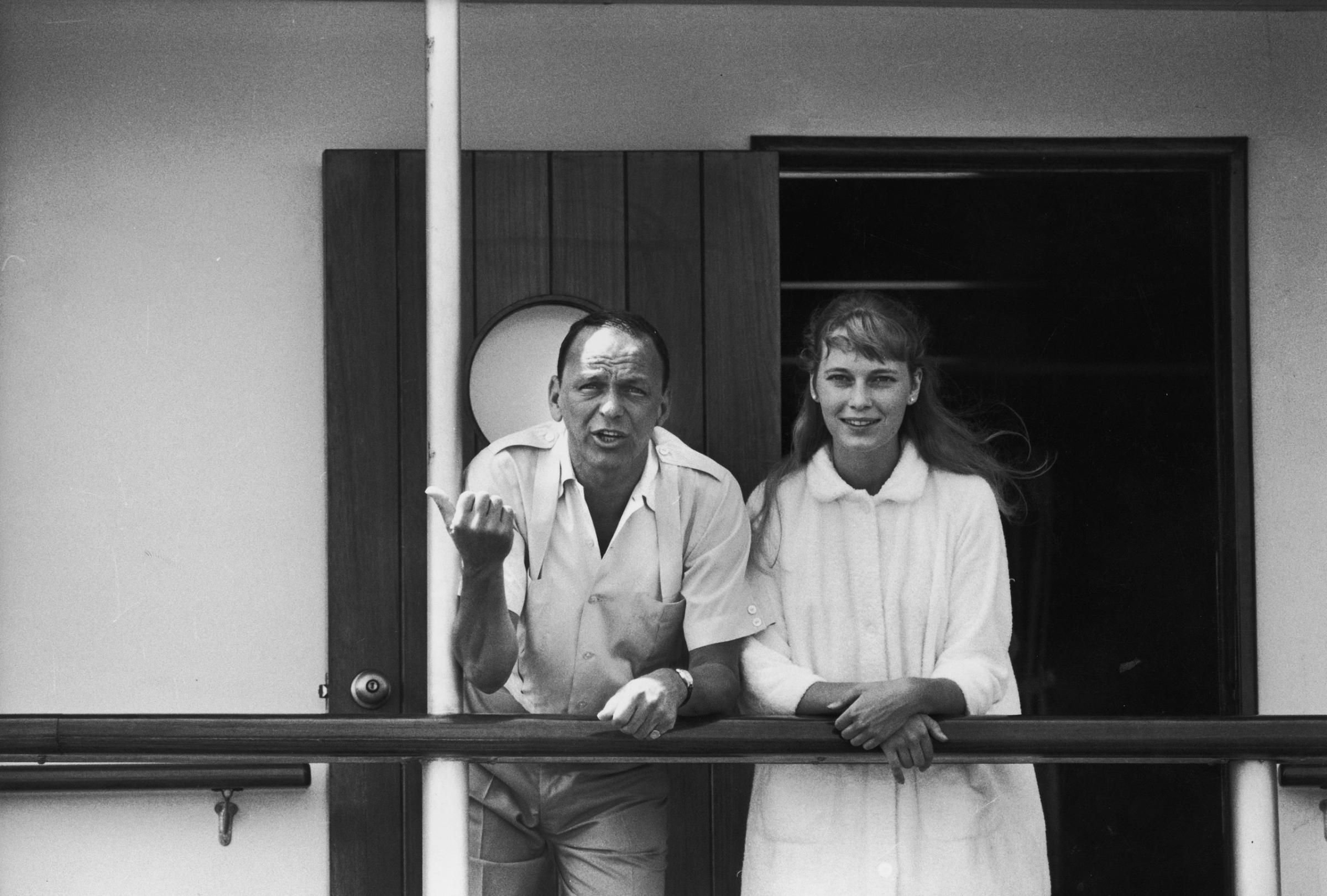
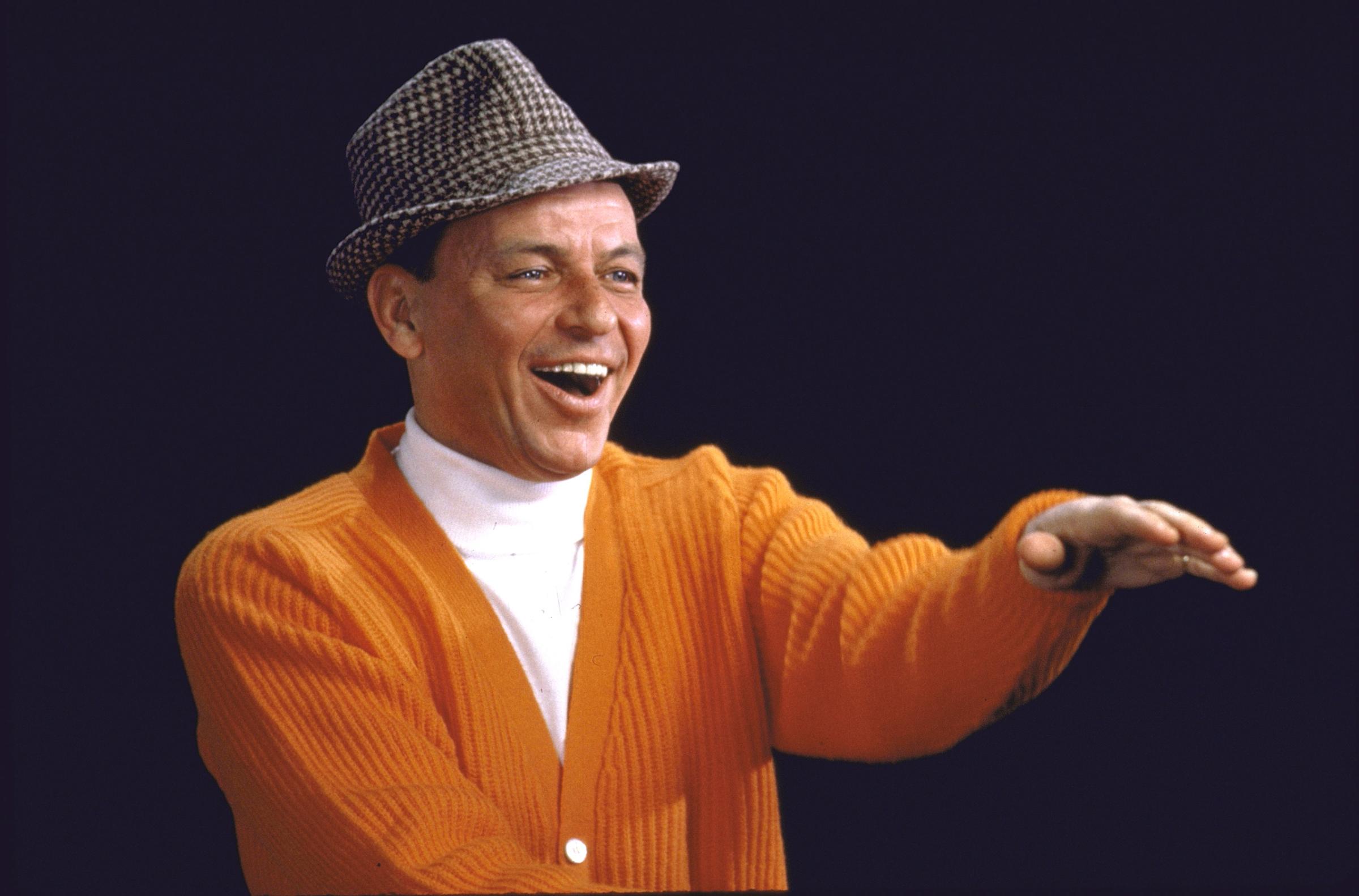
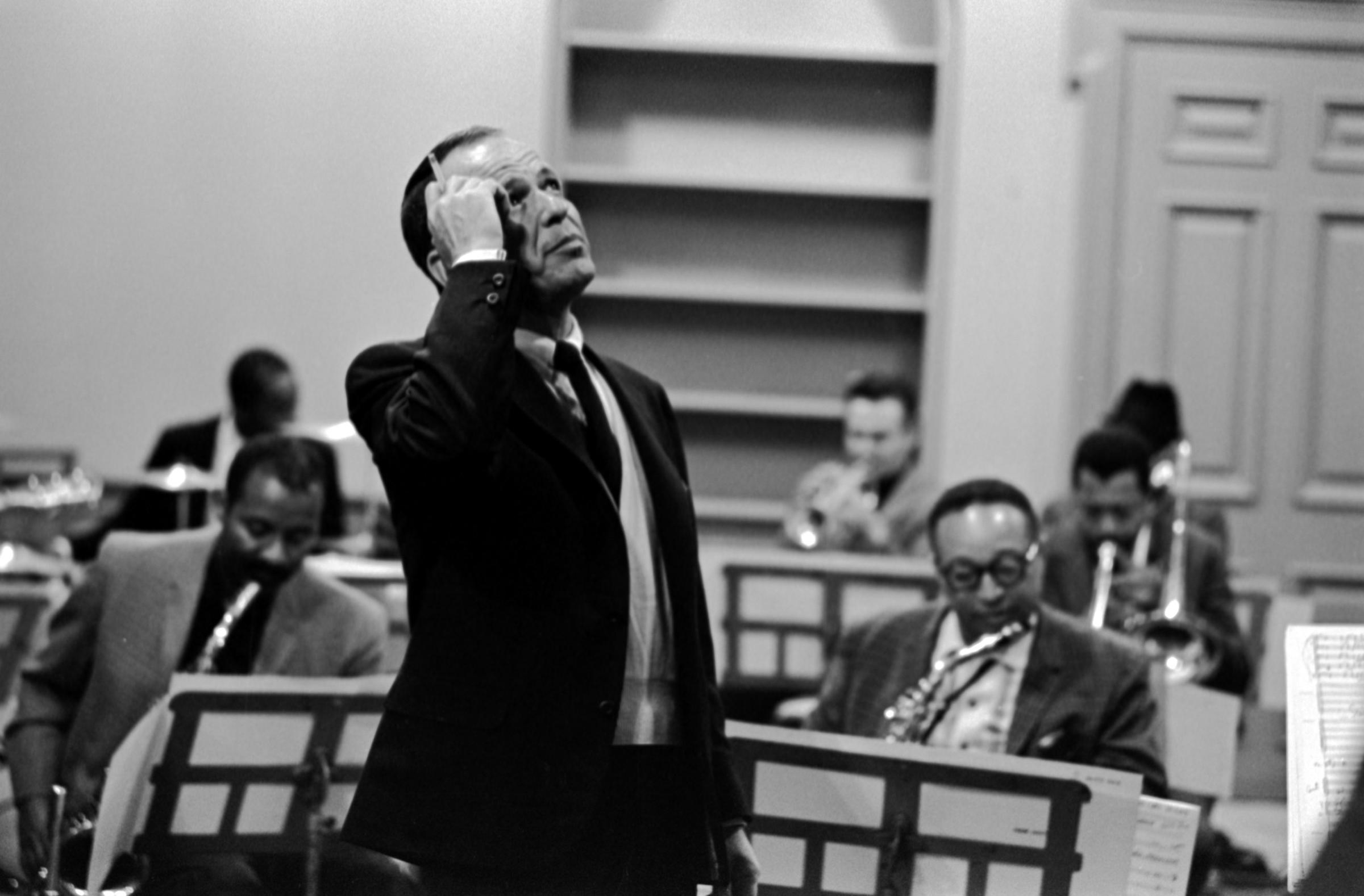

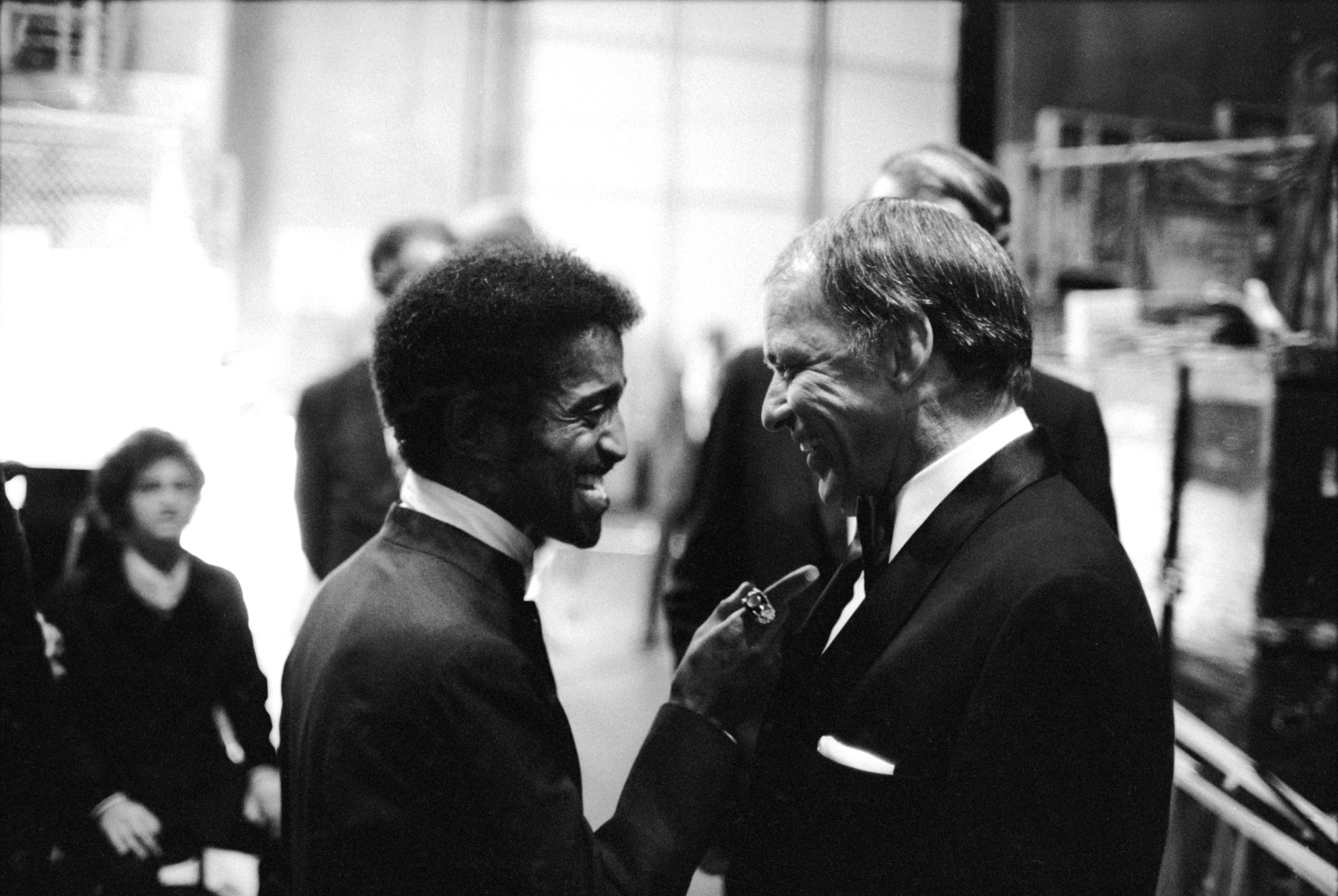
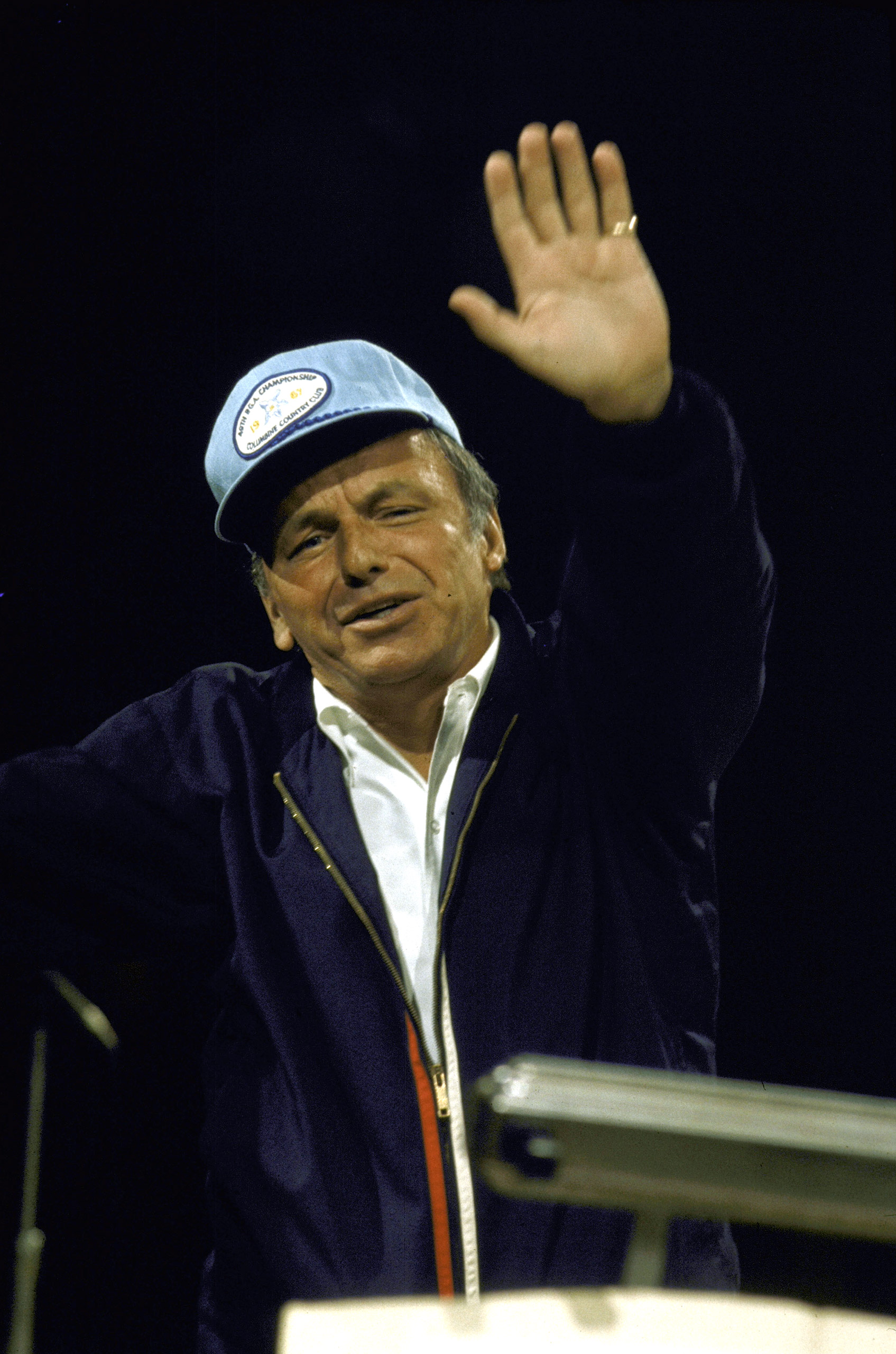
More Must-Reads from TIME
- Cybersecurity Experts Are Sounding the Alarm on DOGE
- Meet the 2025 Women of the Year
- The Harsh Truth About Disability Inclusion
- Why Do More Young Adults Have Cancer?
- Colman Domingo Leads With Radical Love
- How to Get Better at Doing Things Alone
- Michelle Zauner Stares Down the Darkness
Contact us at letters@time.com